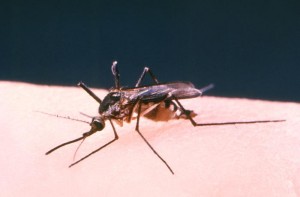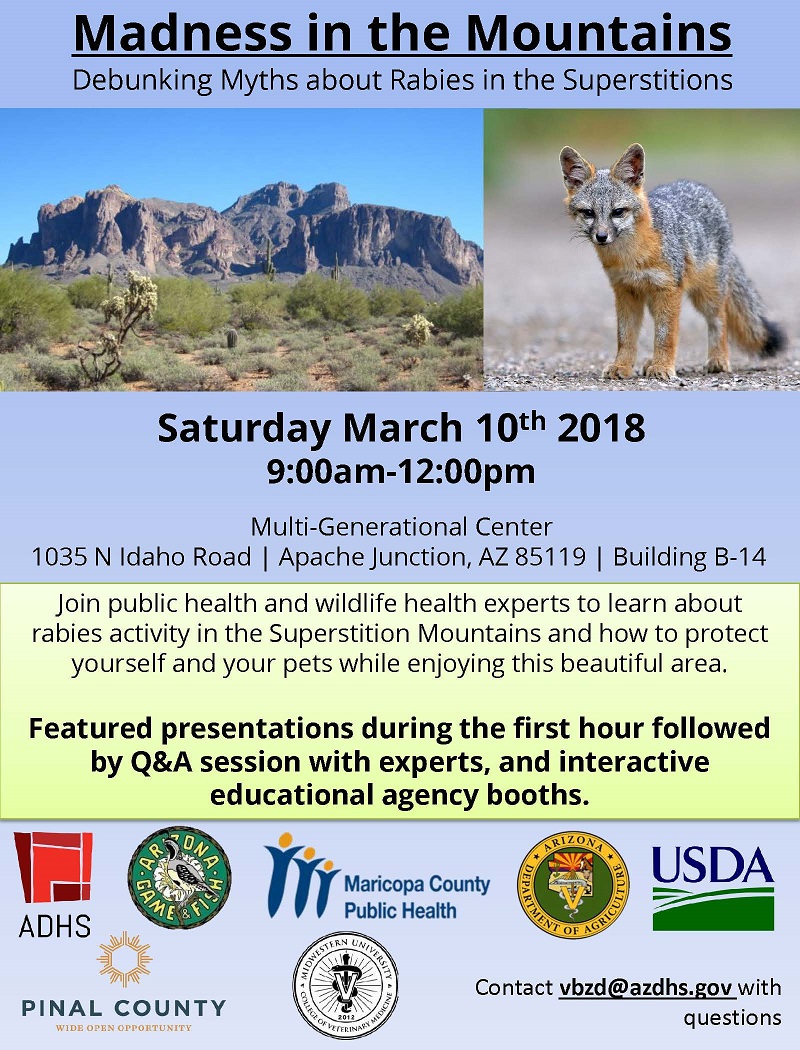Dengue and chikungunya are two mosquito-borne viruses that Arizonans can contract when traveling outside the country. If a mosquito in Arizona bites an infected person during their illness, it would be possible for the virus to start spreading in the state. To prevent this from happening, it is important for public health to identify suspected dengue and chikungunya patients quickly and implement control actions, such as educating the patient on how to prevent mosquito bites, or vector control actions to reduce the mosquito population near the patient’s home.
ADHS and our county partners are finding new ways to identify patients using syndromic surveillance. Our hospital syndromic surveillance system collects basic information for every patient visit from participating hospitals. Hospital syndromic surveillance is intended to be timely, which means we may receive information before the patient even has a diagnosis. Public health users can search for syndromes (a collection of symptoms) or diagnoses.
This summer we began looking in the hospital syndromic surveillance data for patients suspected of having certain mosquito-borne illnesses. ADHS and participating hospitals and county health departments developed the project protocol. There is some national interest in using syndromic surveillance for mosquito-borne illnesses and staff from ADHS and Maricopa County Department of Public Health will be presenting this project at the International Society for Disease Surveillance Conference in December. Results on this project are still pending, but it highlights the need to find creative ways to use the data available to us, evaluate its utility and share our findings.













I appreciate your post on mosquito borne viruses. Shared it to my family and friends as they will be heading for vacation and need full caution. Great Information.